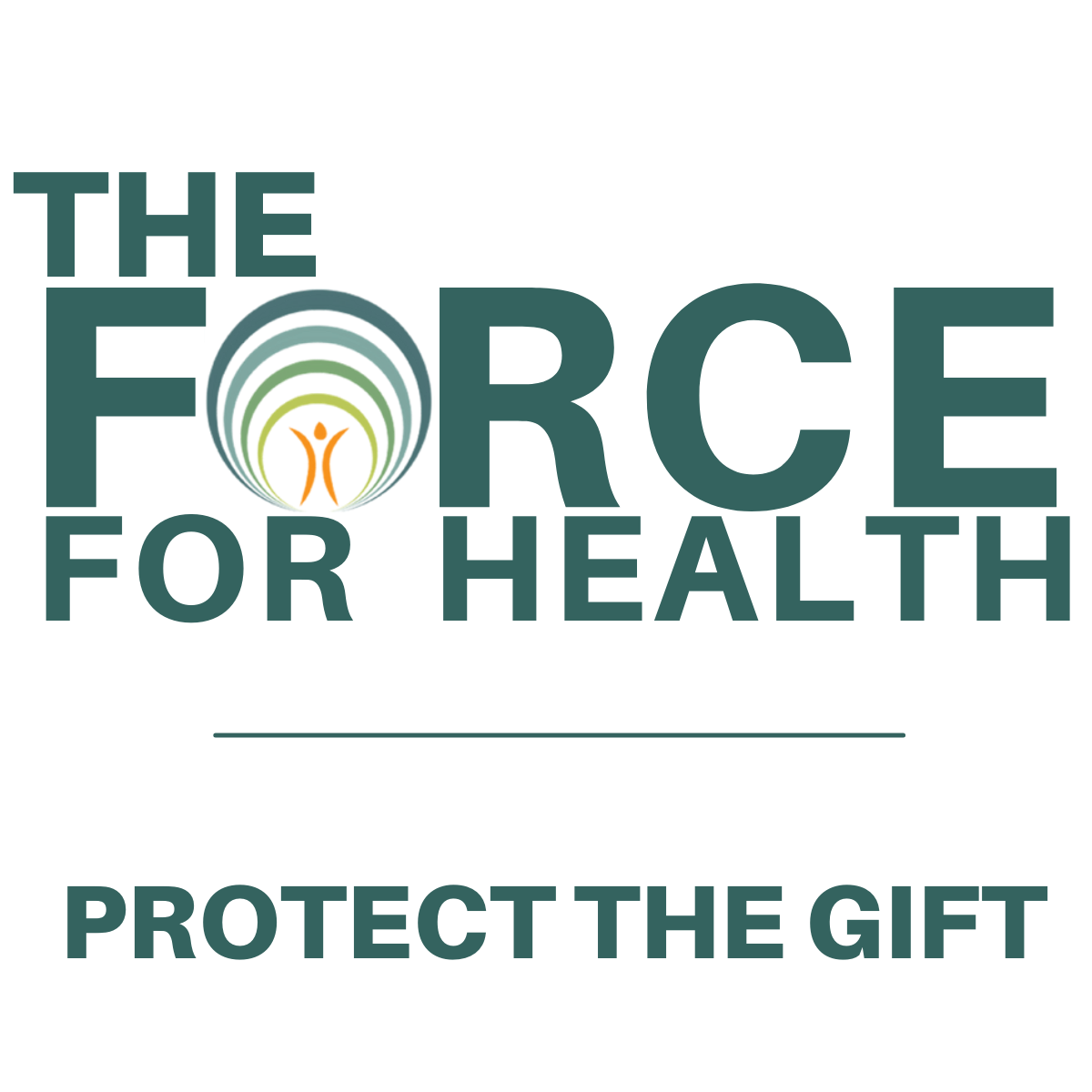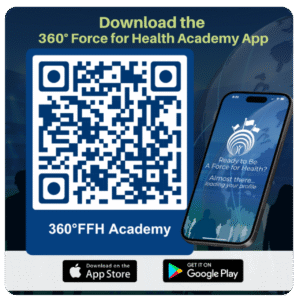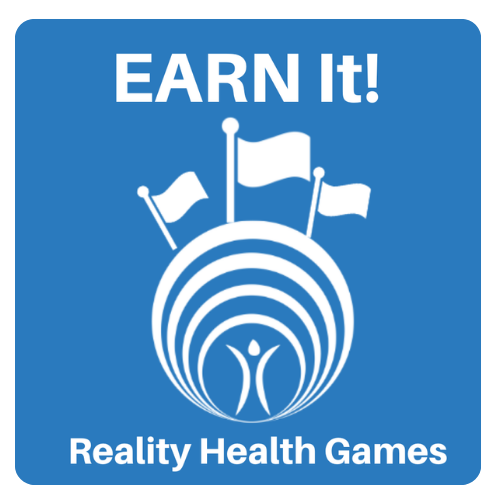
Empowering caregivers through connection and peer support
Caregiving can be a deeply rewarding journey, but it also can be overwhelming and isolating. That’s why support and connection can make all the difference. For Dr. Kelli Tharpe, the Caregiver Peer Support Mentoring Program gave her a lifeline that allowed her to feel seen and heard. Now, she’s using her experience to offer that same comfort and guidance to others.
Finding comfort in connection
Dr. Kelli Tharpe became a caregiver to her father, James Tharpe, in 2020 during the COVID-19 shelter-in-place orders. James, an 82-year-old Air Force Veteran, suffers from Parkinson’s Disease, dementia, anxiety and other degenerative diseases. Since James was no longer able to care for himself, Kelli and her daughters moved James into their home to care for him. Kelli soon discovered that while rewarding, caregiving can also be incredibly difficult. And like many caregivers, she struggled with feelings of guilt and frustration.
It was during these tough moments that Kelli leaned on the Caregiver Peer Support Mentoring Program. Being paired with a mentor caregiver who had faced similar challenges brought her a sense of relief. She knew she wasn’t alone, and someone understood what she was going through. Not only did her mentor provide emotional support, but they also gave Kelli practical tips to help her navigate her own caregiving journey.
Giving back: becoming a mentor
Now Kelli is paying it forward and participates as a mentor. She hopes to offer the same support she received to other caregivers who are walking the path she once walked. She listens, offers encouragement, and shares strategies to overcome the challenges that come with caregiving for a Veteran with complex health care needs.
“It’s one of my hardest adventures to care for my medically fragile father, but I’m so grateful for the support VA and the Caregiver Peer Support Mentoring Program provides,” Kelli says. “I sought out my tribe and I want to invite others to do the same.”
How you can get involved
Kelli’s story is a testament to the power of the Caregiver Peer Support Mentoring Program. Caregivers are able to connect with peers who understand their struggles. And the mentors serve as a powerful reminder that healing and triumph are attainable and within reach.
Visit the Caregiver Peer Support Mentoring Program page to sign up as a Peer Support Mentor or register as a mentee. Or contact your CSP team today to learn about all the resources available to you.
Recommend0 recommendationsPublished in My Healthy Veteran, US National Health Agency Sources









